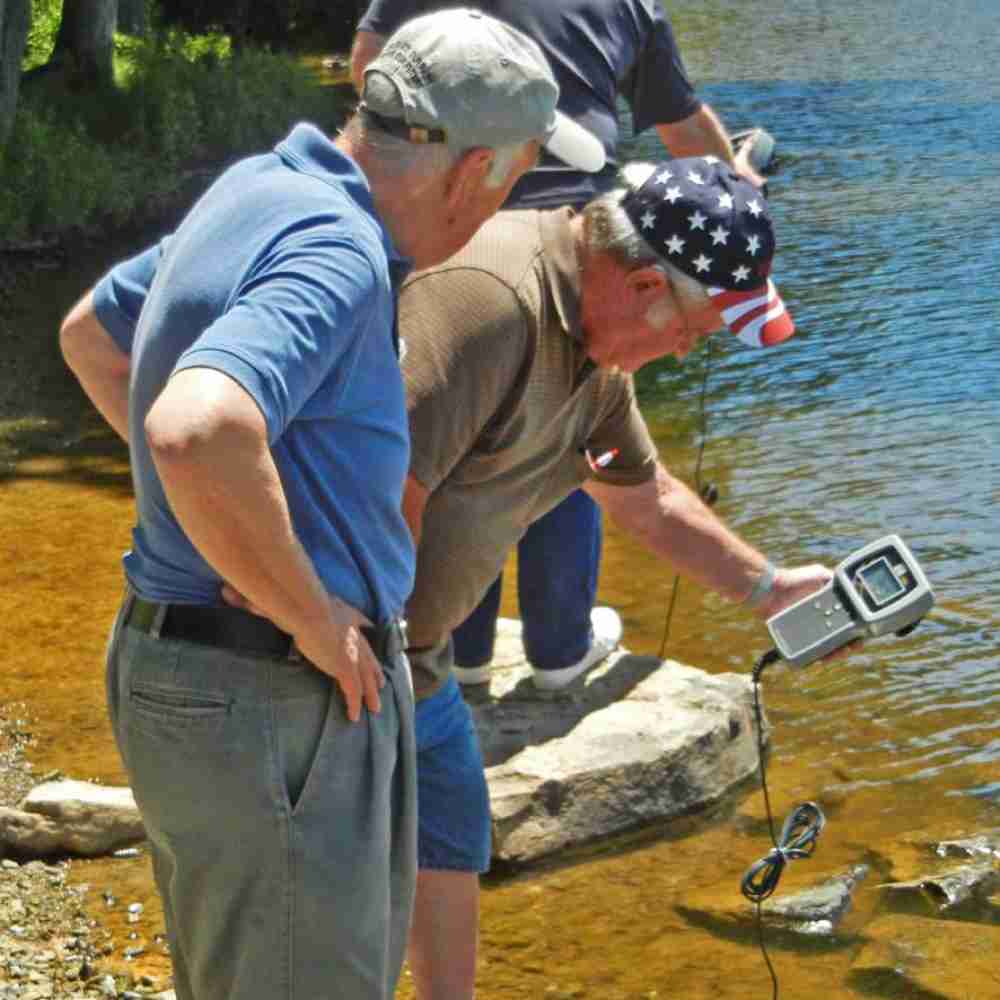Gardening

On August 20th 1811 Thomas Jefferson wrote to his friend Charles Willson Peale, “I have often thought that if heaven had given me choice of my position and calling, it should have been on a rich spot of earth, well watered, and near a good market for the productions of the garden. No occupation is so delightful to me as the culture of the earth, and no culture comparable to that of the garden. such a variety of subjects, some one always coming to perfection, the failure of one thing repaired by the success of another, and instead of one harvest a continued one through the year. Now under a total want of demand except for our family table I am still devoted to the garden, but though an old man I am but a young gardener.”
If you have always enjoyed gardening and appreciate its rewards, then gardening with a lifetime’s experience and with the time to devote to it can be both a joy and an enormous benefit to your wellbeing. If you’ve never had time to garden but like being outside, then now is the time to try it. As well as doing your bit to look after the planet and potentially produce at least some of your own food, gardening has many health and therapeutic benefits for older people:
- it’s an enjoyable form of exercise
- it increases levels of physical activity and maintains mobility and flexibility
- it encourages use of motor skills – walking, reaching and bending – through activities such as planting seeds and taking cuttings
- it improves endurance and strength
- it helps prevent diseases like osteoporosis
- it reduces stress levels and promotes relaxation
- it provides stimulation and interest in nature and the outdoors
- it enables social interaction with others – working on communal plots or adjacent allotments, visiting garden centres, sharing knowledge and ideas about plants, flowers and vegetables
It is of course important to match what we take on with what we can manage both physically and mentally; gardening is after all supposed to be enjoyable, not a constant pressure! We may need to adapt both our vision and our gardening practices. Garden plots, equipment and tools can all be modified as needed, and wilder, less input-intensive gardens can be just as interesting, accessible and productive as carefully manicured ones.

